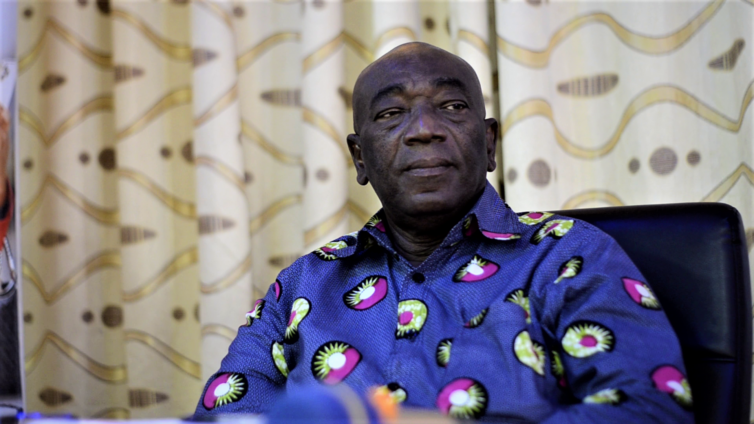The Trades Union Congress (TUC) is asserting that its seven-day ultimatum to the government, demanding the reversal of the 15 percent Value Added Tax (VAT) on electricity consumption, is justified.
According to the TUC, such taxation is unjust to the already financially strained Ghanaian population, and they refuse to endorse it.
Joshua Ansah, TUC’s Deputy General Secretary, emphasized in an interview with Citi FM on Tuesday, January 23, that imposing such a tax is an inequitable method for the government to generate revenue, burdening consumers unfairly.
Mr. Ansah cautioned that if the government does not rescind the tax imposition, organized labor will decide its course of action.
He maintained that VAT is not the sole solution for the government to address the energy sector debt and stabilise the electricity supply in the country.
“Organized labour will advise itself, and unions will do what unions often do when an unpopular decision or tax is introduced that affects workers.”
“VAT is not the only thing the government can do to bring back the lights. I don’t think that is the only way the government can take to make the electricity supply stable when a lot of the population is suffering. This is not fair, and that is why workers are resisting it with all their might.”
“If you are bringing additional taxes or VAT, then it is an easy way for the government. There are other ways the government can use to raise revenue, and it must work harder. To be burdening workers every day is not fair,” Mr. Ansah added.
In a letter dated January 1, Finance Minister Ken Ofori-Atta instructed the Electricity Company of Ghana (ECG) and the Northern Electricity Distribution Company (NEDCO) to implement the VAT, with the goal of generating revenue for the COVID-19 recovery programme.
The government has outlined the rationale for the imposition of a 15 percent VAT on electricity consumption.
This measure is part of the government's COVID-19 recovery programme, aiming to generate additional revenue.
Deputy Energy Minister Agyapa Mercer, speaking in an interview with Citi FM on Monday, January 15, emphasised that while it was a challenging decision, it is necessary to settle debts owed to independent power producers.
“Obviously, if you look at the scope of the tax and what it is intended to do—raise revenue to meet some obligations of the government in the energy sector—it will interest you to know that, as we speak, as of July 2023, the amount of money that we owe to the IPPs alone is in the region of GH¢1.7 billion.
Latest Stories
-
Ensuring sanity in the professional practice space – supporting our regulatory councils
52 minutes -
UK backs Morocco’s autonomy plan for Sahara as credible basis for resolution, pledges support at all levels
1 hour -
Pyramids beat Sundowns to win first-ever CAF Champions League title
2 hours -
Pyramids FC win CAF Champions League following 2nd leg victory over Sundowns
2 hours -
Pyramids FC clinch first CAF Champions League title with victory over Mamelodi Sundowns
2 hours -
Nations FC cite “poor officiating” and “security lapses” as reasons for abandoning Basake Holy Stars match
3 hours -
Breaking the cycle: School girls in Techiman unite against child marriage, demand menstrual dignity
3 hours -
2024/25 GPL: Hearts dispatch relegated Legon Cities
4 hours -
2024/25 GPL: Samartex edge Aduana Stars 2-1 in final home game
4 hours -
GPL 2024/25: Karela United thump Accra Lions at home
4 hours -
Prof. Kwaku Asare shoots down Fiscal Council proposals
4 hours -
2024/2025 GPL: Holy Stars, Nations FC game abandoned after violence
4 hours -
GPL 2024/25: Heart of Lions keep slim title hopes alive with win over Bechem
4 hours -
2024/25 GPL: GoldStars beat Berekum Chelsea to enhance title hopes
4 hours -
From superstars to synergy: What PSG teaches us about success, ego, and building systems that work
4 hours

